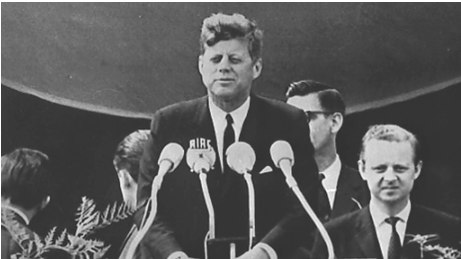The ever worsening polarization of American politics—demonstrated and accentuated by the Trump victory—is now an undeniable fact of our daily life. Yet rather than allowing the guilty national parties to continue indulging political brinkmanship, we should embrace a strong, constitutional solution to accommodating our growing divide: a return to local control.
Such an approach would allow, within some limits, local constituencies to follow their own course, much as the Founding Fathers suggested, without shaking the fundamentals of the federal union. Localism, as I label this approach, would address the sentiments on both right and left by reversing the consolidation of central power in Washington.
What Americans across the political spectrum need to recognize is that centralizing power does not promote national unity, but ever harsher division. Enforced central control, from left or right, polarizes politics in dangerous ways. The rather hysterical reaction to Trump’s election on the left is a case in point, with some in alt-blue California calling for secession from the union. Had Clinton and the Democrats won, we would have heard other secessionist sentiment, notably in Texas.
This is no way to maintain a “United” States. Under Obama, conservative states resisted ever expanding federal executive power; now it’s the progressives’ turn to worry about an overweening central state. Some blue states are already planning to go on their own in such areas as health care and somewhat less plausibly, immigration. Progressives may also face potential federal assaults on such things as legal marijuana by a now GOP-controlled central government.
Do people want Washington to rule everything? The real issue is not the intrinsic evil of government itself, but how we can best address society’s myriad problems. For decades, many progressives have embraced an expansive central government as the most effective method of changing society for the better. Yet it is far from clear that most Americans prefer that alternative. A rough majority in November cast their votes for either Trump, who attacked President Obama’s executive orders, or libertarian Gary Johnson, a candidate with an even stronger localist tendency. Since 2007, the percentage of people who favored expanding government has dropped from 51 to 45 percent.
In contrast, localism is widely embraced by a broad majority of the American public. By 64 percent to 26 percent, according to a 2015 poll—Americans say that they feel “more progress” on critical issues take place on the local rather than the federal level. Majorities of all political affiliations and all demographic groups hold this same opinion.
The preference for localism also extends to attitudes toward state governments, many of which have grown more intrusive in recent years. Some 72 percent of Americans, according to Gallup, trust their local governments more than they do their state institutions; even in California, where executive power has run riot, far more people prefer local control to that of Sacramento.
Critically, millennials, notes generational analyst Morley Winograd, generally favor community-based, local solutions to key problems. Indeed, a recent National Journal poll found that less than a third of millennials favor federal solutions over locally-based ones. They are also far less trusting of major institutions than their Generation X predecessors.
Any party, right or left, that wishes to expand federal power will face broad political headwinds. Roughly half of all Americans, according to a 2015 Gallup poll, now consider the federal government “an immediate threat to the rights and freedoms of ordinary citizens”; in 2003, only 30 percent felt that way. The federal bureaucracy is held in such low regard that 55 percent of the public says “ordinary Americans” would do a better job of solving national problems.
The election of Trump and his “deplorables” is leading more progressives, after years of cheering on President Obama’s ever increasing policy of rule by decree, to seek ways of preserving their own progressive bubble. Cheerleaders for Barack Obama’s imperial presidency, such as The New Yorker, are now embracing states’ rights with an almost Confederate enthusiasm. There are increasing plans to promote new progressive measures, for example on energy as a means to counter the nefarious, anti-planetary intentions of the new monarch.
Yet in reality, progressivism and localism are hardly incompatible. The progressive Justice Louis Brandeis invoked the notion that the states, not the federal government, should serve as “laboratories of democracy,” empowering them to “try novel social and economic experiments without risk to the rest of the country.”
This more decentralized progressive approach was also expounded by David Osborne in his 1990 book, Laboratories of Democracy. Notably, Osborne’s book featured a foreword by the then-governor of Arkansas, Bill Clinton. The future president praised “pragmatic responses” to key social and economic issues by both liberal and conservative governors. Such state-level responses, he correctly noted, were critical in “a country as complex and diverse as ours.”
Localism also has fans among grassroots leftists. Some embrace the ideal of localism as a reaction against globalization and domination by large corporations. For example, grassroots progressives often support local merchants and locally produced agricultural products. Some have adopted localist ideas as an economic development tool, an environmental win, and a form of resistance to ever-greater centralized big business control.
Yale Law professor Heather Gerken makes the case that progressive social causes like racial integration, gay marriage, marijuana legalization, and others have historically tended to be adopted first at a local level before spreading to other areas. Gerken argues that it’s necessary for cities and states to have these powers so that local “cities upon a hill” of social reform can be allowed to flourish and lead by example.
With Trump and the GOP ensconced in Washington for a likely four more years, more progressives can be expected to adopt Gerken’s strategy. Longtime Washington insiders such as Brookings’ Bruce Katz already have made a strong pitch for a supplanting federal control with a regional approach. Although this usually leads to the dominance of regions by well-connected urban elites, Katz’s approach at least leaves smaller cities and towns free to govern themselves.
President-elect Trump needs to recognize there is no great clamor to replace one “imperial president” for another. The authoritarian tendencies of some of his key allies, notably Senator Jeff Sessions, to perhaps overturn state marijuana, abortion and gay rights measures would simply extend, in different fields, the pernicious federalization of daily life. This is not exactly a consistent message for a party that often promotes itself as the voice of “liberty” and local choice.
We have already seen some harbingers of right-wing centralism on the state level, notes analyst Aaron Renn, where conservative state legislators contravene the progressive agenda of their core cities. Already in some states such as North Carolina and Texas, conservative legislatures have overturned actions adopted by certain cities on issues as diverse as transgender bathrooms and fracking. A better solution would be to allow blue places to reflect their values on as many issues as possible, while granting to conservative places the same right.
When it comes to preserving the character of our communities, there is often no red or blue. We choose places for their character and, if they need to change, this is preferably shaped along the lines favored by local residents. What may be fine with residents of Portland or Brooklyn does not necessarily work for people in suburban reaches of Dallas, Houston, or, for that matter, New York. As far as I am concerned: vive le difference!
Localism, of course, is not a panacea for all issues, some of which are indeed better addressed on a larger scale. And some basic rights need to be protected from local overreach. But overall, nothing is more basic to the American identity than, whenever feasible, leaving control of daily life to local communities, and, as much as practical, to individuals and families. Effective policy can only be shaped where there exists a “common civic culture” of shared values, something far more evident today on the local than the national level.
In his drive to make America “great” again, the new president needs to revitalize our flagging democracy not by doubling down on federal power but by empowering local communities to determine what’s best for them. Anything else gives us a choice between ideological despotisms that can only enrage and alienate half of our population by forcing down their throats policies they can’t abide, and, in most cases, should not be forced to accept.
(Joel Kotkin is executive editor of NewGeography.com. … where this piece was most recently posted. He is the Roger Hobbs Distinguished Fellow in Urban Studies at Chapman University and executive director of the Houston-based Center for Opportunity Urbanism. His newest book, The Human City: Urbanism for the rest of us, will be published in April by Agate. This piece first appeared at The Daily Beast and was published most recently by New Geography.)
-cw




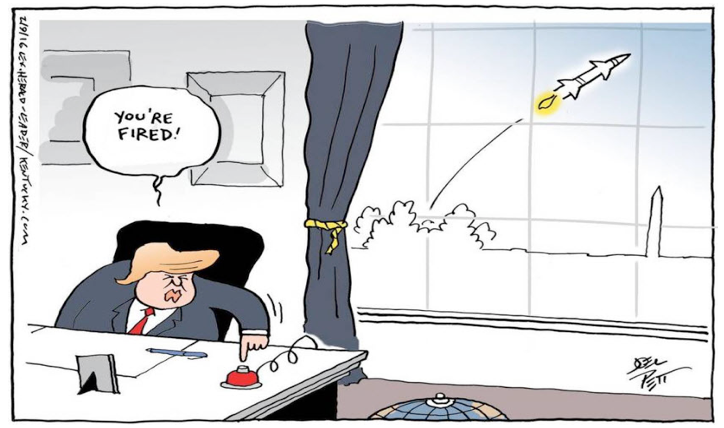

 John Steinbeck’s late son Thom, an accomplished writer, was furious about Judge Cochran’s opinion after it was rendered. In a 2012 interview with the Beaumont (Texas) Enterprise, Thom’s wife Gail Steinbeck, an attorney, said that “his ears turned red” when her husband first learned of Ex Parte Briseno, in his view a gross distortion of his father’s meaning. In a statement published by The New York Times on August 8, 2012, Thom complained bitterly about the misconstruction of his father's intentions in writing Of Mice and Men:
John Steinbeck’s late son Thom, an accomplished writer, was furious about Judge Cochran’s opinion after it was rendered. In a 2012 interview with the Beaumont (Texas) Enterprise, Thom’s wife Gail Steinbeck, an attorney, said that “his ears turned red” when her husband first learned of Ex Parte Briseno, in his view a gross distortion of his father’s meaning. In a statement published by The New York Times on August 8, 2012, Thom complained bitterly about the misconstruction of his father's intentions in writing Of Mice and Men: 
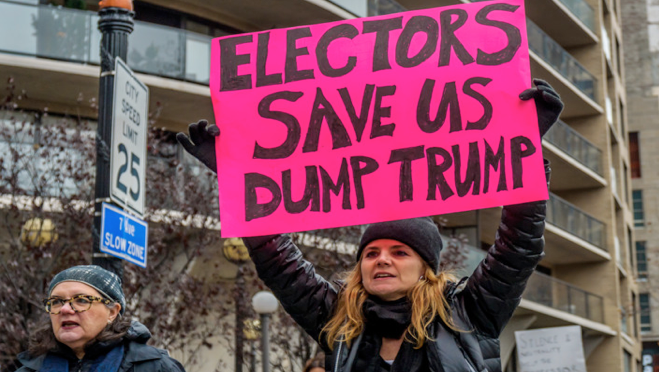
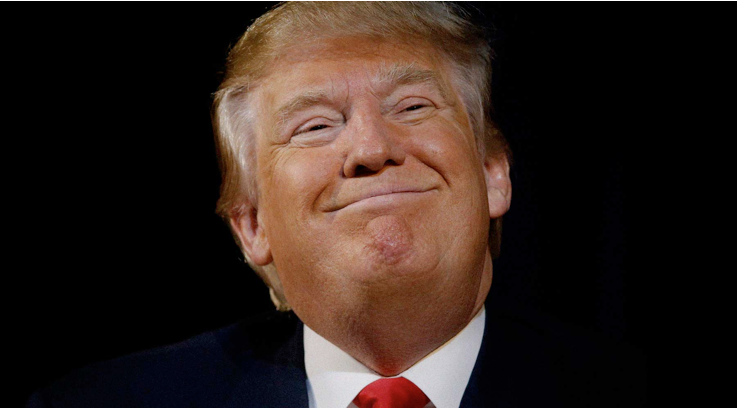
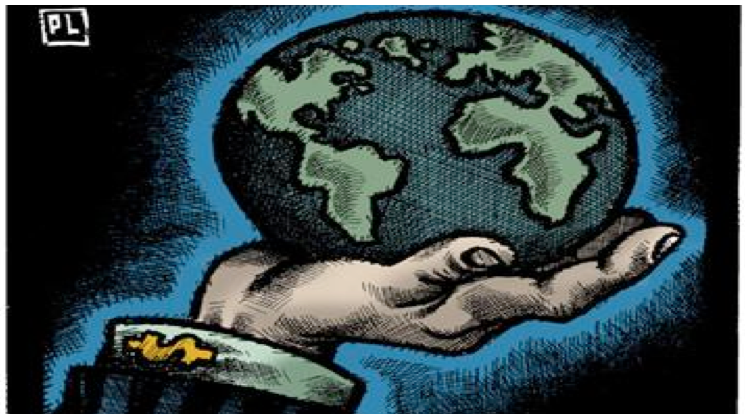
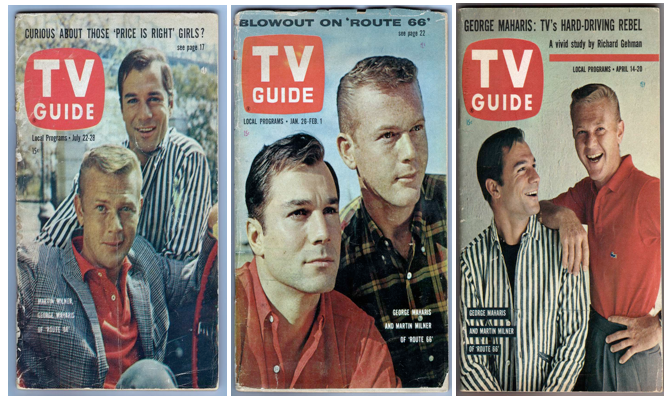
 What both Route 66 and the Phil Silvers Show have in common, compared to modern shows, is that the old television system was of inherently low definition. It was a fuzzy picture at best. For this reason, it could not show human expression as well as film. Let's try to explain this a little more precisely. Even in old films, it was possible to convey emotions such as suspicion or guilt with a glance or a subtle change of expression -- possibly a nod or a shifting of the eyes. Even the earliest 35 mm film was fully capable of showing these things. Early television wasn't. So instead of an actor warning his buddy that the robbers are in the next room by using a shift of the head, the old television action hero would have to convey the same idea with a shout and a lot of words: "Look out! They're behind the door!"
What both Route 66 and the Phil Silvers Show have in common, compared to modern shows, is that the old television system was of inherently low definition. It was a fuzzy picture at best. For this reason, it could not show human expression as well as film. Let's try to explain this a little more precisely. Even in old films, it was possible to convey emotions such as suspicion or guilt with a glance or a subtle change of expression -- possibly a nod or a shifting of the eyes. Even the earliest 35 mm film was fully capable of showing these things. Early television wasn't. So instead of an actor warning his buddy that the robbers are in the next room by using a shift of the head, the old television action hero would have to convey the same idea with a shout and a lot of words: "Look out! They're behind the door!" 


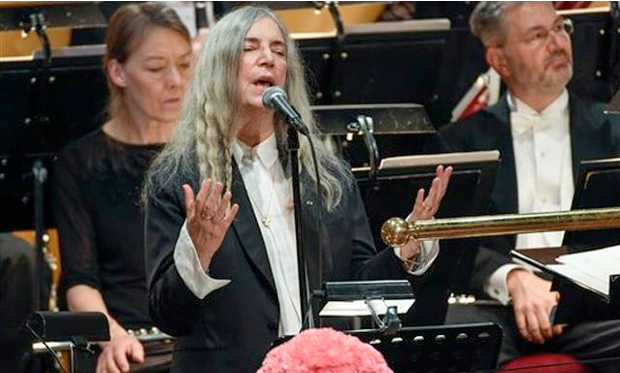

 “Many of us, me particularly, are from the units that have hurt you over the many years. We came. We fought you. We took your land. We signed treaties that we broke. We stole minerals from your sacred hills. We blasted the faces of our presidents onto your sacred mountain. When we took still more land and then we took your children and then we tried to make your language and we tried to eliminate your language that God gave you, and the Creator gave you.
“Many of us, me particularly, are from the units that have hurt you over the many years. We came. We fought you. We took your land. We signed treaties that we broke. We stole minerals from your sacred hills. We blasted the faces of our presidents onto your sacred mountain. When we took still more land and then we took your children and then we tried to make your language and we tried to eliminate your language that God gave you, and the Creator gave you.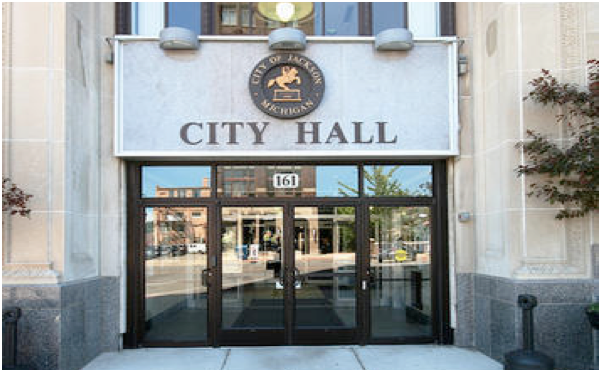

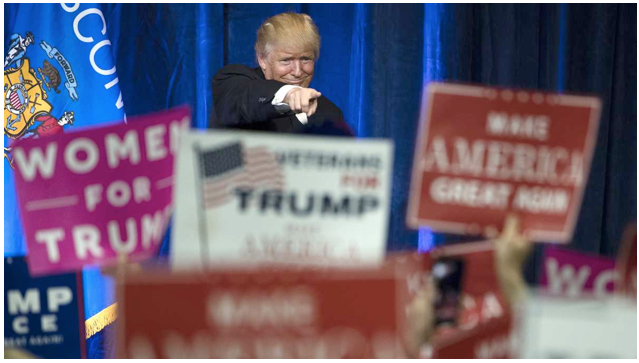
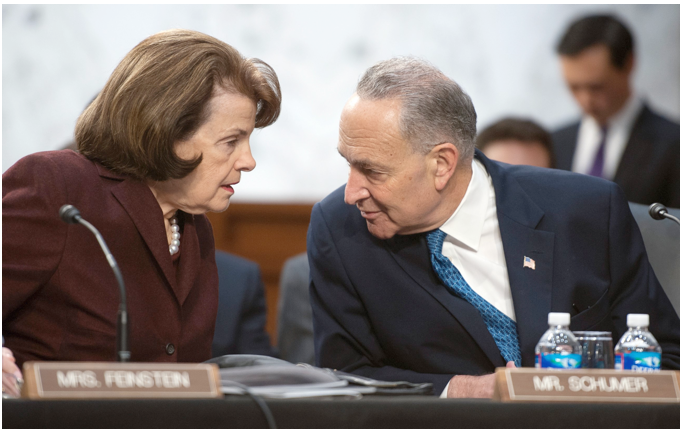
 That sounds harsh. But, lest we forget, Republicans paid virtually no political price for their eight years of anti-Obama obstruction. Voters didn’t seem to care that Republicans thwarted a president who twice won elections with a majority of the popular vote. Why would they punish Democrats for standing in steadfast opposition to an unqualified poseur who was rejected last month by 53.8 percent of all voters? Chuck Schumer, the new Senate minority leader, is indeed warning that when Trump gets too extreme, “we’ll go after him with everything we’ve got.”
That sounds harsh. But, lest we forget, Republicans paid virtually no political price for their eight years of anti-Obama obstruction. Voters didn’t seem to care that Republicans thwarted a president who twice won elections with a majority of the popular vote. Why would they punish Democrats for standing in steadfast opposition to an unqualified poseur who was rejected last month by 53.8 percent of all voters? Chuck Schumer, the new Senate minority leader, is indeed warning that when Trump gets too extreme, “we’ll go after him with everything we’ve got.” 
